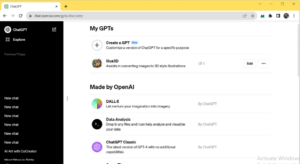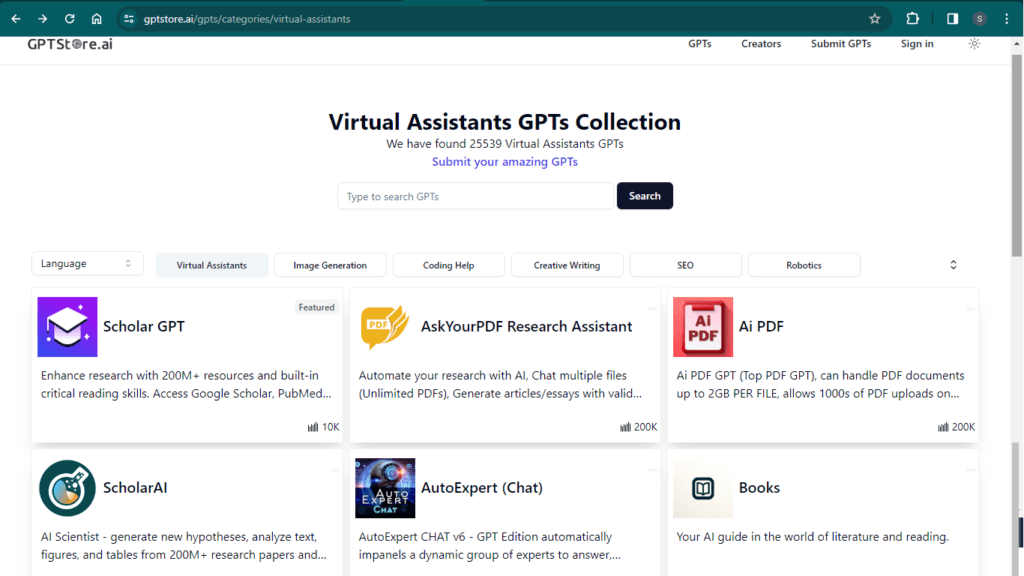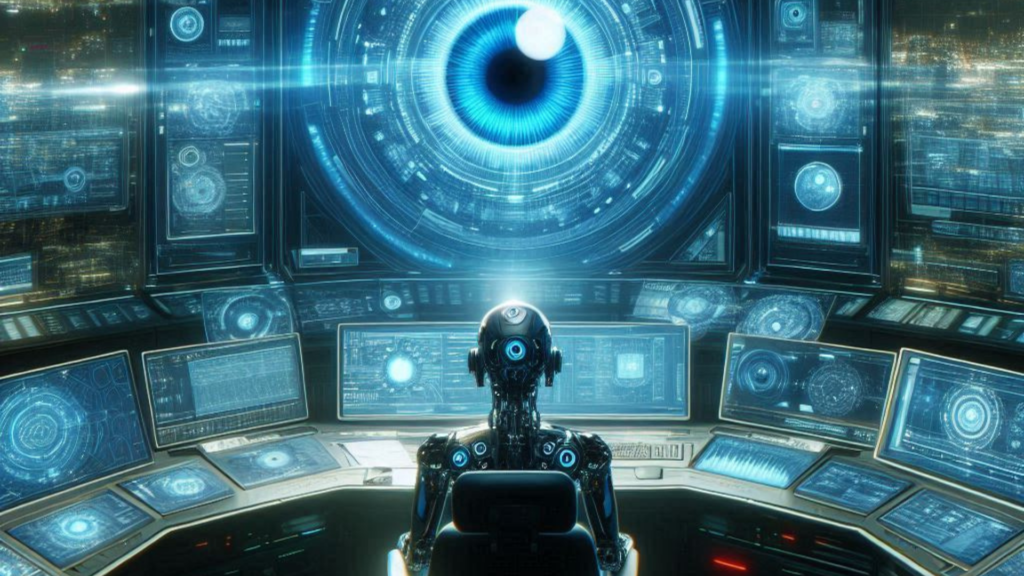Table of Contents
ToggleOpenAI Launches GPT Store: A Hub for Custom AI Assistants and New Opportunities for Creators and Enterprises
OpenAI has recently launched the GPT Store, offering users the ability to use and create custom AI assistants.
Just two months after OpenAI introduced the concept of custom ‘GPTs,’ over three million custom assistants have been developed by users. These can now be shared in a new, dedicated store.
This GPT store showcases a diverse range of assistants, covering areas like art, research, programming, education, and lifestyle. OpenAI has spotlighted some particularly useful ones, such as AllTrails for personal trail recommendations, Consensus for academic paper searches, Khan Academy’s Code Tutor for learning coding, Canva for presentation design, Books for book recommendations, and CK-12 Flexi for mathematics assistance.
Creating an assistant with OpenAI’s platform is user-friendly and doesn’t require coding skills. For sharing their creations, builders need to set their assistant to be accessible via a link and confirm their profile.
To maintain quality and compliance, OpenAI has introduced new usage policies, brand guidelines, and a review system involving both human and automated checks. Assistants undergo scrutiny before being listed, and users can report any inappropriate content.
Starting from the first quarter of 2024, OpenAI plans to financially reward U.S based creators for the engagement their assistants receive, with more details on the payment system to be released soon.

For business clients, OpenAI is rolling out ChatGPT Team plans suitable for various team sizes, allowing access to a private section of the GPT store with company-tailored assistants. ChatGPT Enterprise users will soon have administrative controls for managing internal sharing and the use of external assistants by their staff. Importantly, all conversations within ChatGPT Team and Enterprise services remain private and are not used for improving OpenAI’s models.
Given the rapid adoption of ChatGPT, OpenAI is optimistic that these new stores and financial incentives will encourage the creation of assistants that add value for both individual consumers and businesses.




